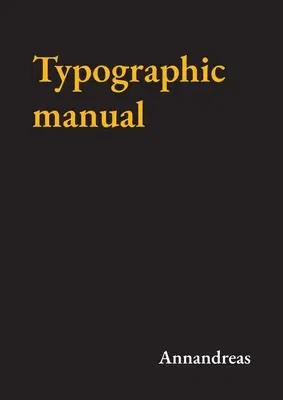Typography is language and design for reading. Typographic manual is the
first manual for the cluster text style, i.e. for texts intended to be
read for longer periods of time. Since the birth of typography
(Gutenberg), we have created books with text rectangles that are nice to
look at. The picture of the rectangle text held us captive. This manual
clearly shows the inaccuracies in that approach. Depending on how we
read, 100-600 wpm, and if we measure reading speed in wpm, day span, or
week span, the cluster text style can be 5-30 percent better to read.
Its longer line length, wider text column, larger sentence spacings, and
better line changes improve legibility. All in all, this gives an exact
typographic style, and therefore, it is not reflowable. So, please note
that this book needs to be read on tablets at least 13 inches wide where
you can read a line length of 95 characters (smaller tablets and
smartphones are inappropriate). Typographic Manual (170 pages) is
included in a collection of books with Readability - the Birth of the
Cluster text (1000 pages), Typographical Investigations (500 pages), and
Are Texts Wrongly Written? (130 pages) intended to shed light on
questions about texts, typography, and reading in relation to questions
about philosophy, science, and learning. The two shorter books can be
seen as summaries of the two longer ones, and they are all written for
the general public. The starting point is that it is both practically
and philosophically interesting that we earlier have missed the
opportunity to create a better typographic style - a cluster text style.


